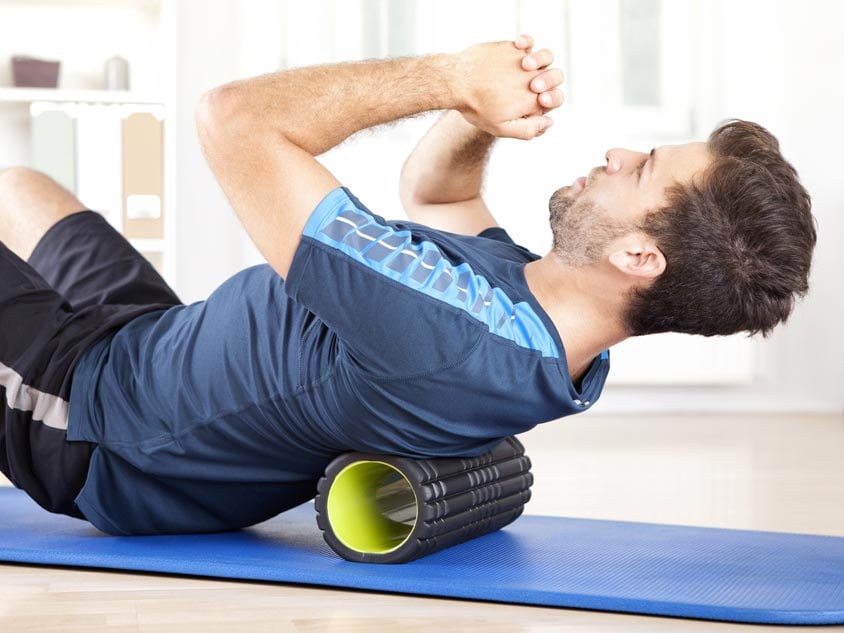Avoiding a pain in the back

Growing back pain risks
Holding hoses for hours, carrying stretchers, and balancing people on surfboards all involve great strength. It’s just another day in the life for you and other firies, surf lifesavers, paramedics and nurses.
And as we get older, we become more susceptible to back issues.
There are different kinds of back pain ranging from a dull, constant ache to that sudden, sharp twinge.
The most common cause is a muscle spasm, which can be caused by awkwardly bending, twisting your body, or a sudden strain.
As emergency service workers, we need to be extremely careful of our backs.
We need to think on our feet, which often involves a lot of weight being put on our bodies, quickly.
Caring for our bodies is part of our job
Sure, it’s not in the job description but taking care of our bodies goes with the job.
Unfortunately, a lot of us put our own health on the backburner.
Luckily, the acute pain caused by twisting and bending usually fixes itself after a few days or weeks without treatment.
More severe cases will benefit from therapy and medication.
Long lasting chronic pain, however, can be triggered by a fall or accident, which damages discs or joints in the back.
Nerves become trapped and the pressure can lead to severe pain, numbness and weakness in the legs.
These types of injuries are harder to treat and occasionally require surgery – and time off work, too.
There are various things you can do to limit your chance of a back injury.
For a start, you can strengthen your back by keeping fit through simple exercises, such as walking and swimming.
You might also consider taking up yoga, pilates or stretching exercises, which focus on the back and abdomen muscles.
It’s also important to stay fit and keep any extra kilograms off – not for obvious reasons though.
If your body’s carrying more weight than it is able to, it puts more strain on your lower back and spine.
Care for your posture, by not slouching when you’re sitting down. Keep your back in a slightly arched position.
Your chair needs to support your lower back and your head and shoulders should be kept upright.
But if you do injure yourself, we’ve got your back.
Emergency Services Health offers many benefits; so feel free to talk to us if you’re interested.
Our members with Rolling Extras or Gold Combined are covered for treatment by a range of specialists, such as physiotherapists, chiropractors or osteopaths.